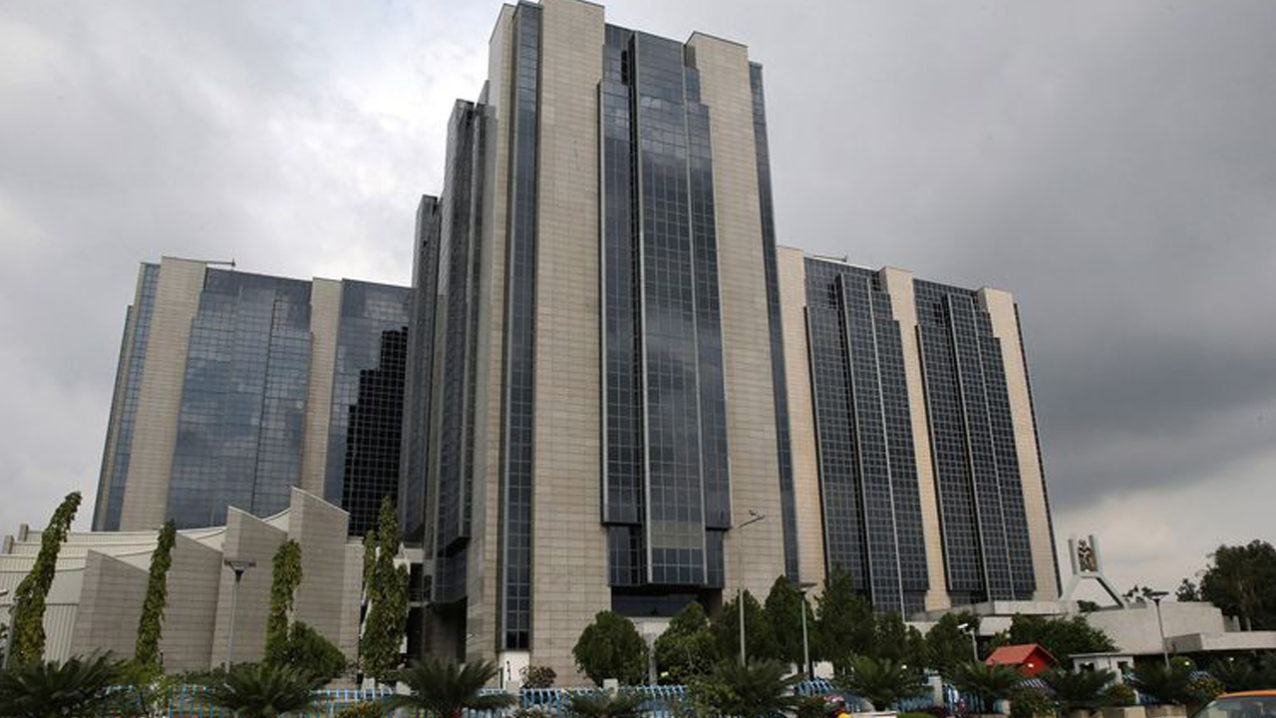
The Central Bank of Nigeria (CBN) said it is back with the publication of several key economic reports to make relevant information available to the stakeholders in the financial sector.
Acting Director of Corporate Communication of the apex bank, Hakama Sidi Ali, who disclosed this yesterday, said the move affirms the CBN’s commitment to fostering transparency and accountability in the Nigerian economy.
The returning reports are the Purchasing Managers’ Index (PMI), Business Expectation Survey (BES), Inflation Expectation Report and other macroeconomic indicators.
Sidi Ali explained that the reports would provide stakeholders with timely and accurate insights into the country’s economic performance.
She added: “The reintroduction of these reports, part of the ongoing data enhancement initiative within the CBN, aims to ensure that the public, policymakers, and the business community have access to essential economic indicators.
“The PMI, which assesses the health of the manufacturing, services and agricultural sectors, along with the business and household expectations reports, are crucial tools for understanding Nigeria’s economic climate. These reports offer valuable insights into the perceptions and outlooks within the business and household sectors, respectively.”
She stated that the initiative is part of the Bank’s broader efforts to enhance transparency, promote informed decision-making and support economic growth.
“The reports will be periodically released on the Bank’s website (www.cbn.gov.ng), ensuring that they are easily accessible to all. The CBN encourages economists, analysts, investors, media and the general public to use these reports to gain a more comprehensive understanding of Nigeria’s economic dynamics, thereby fostering a more inclusive economic discourse,” she said.



